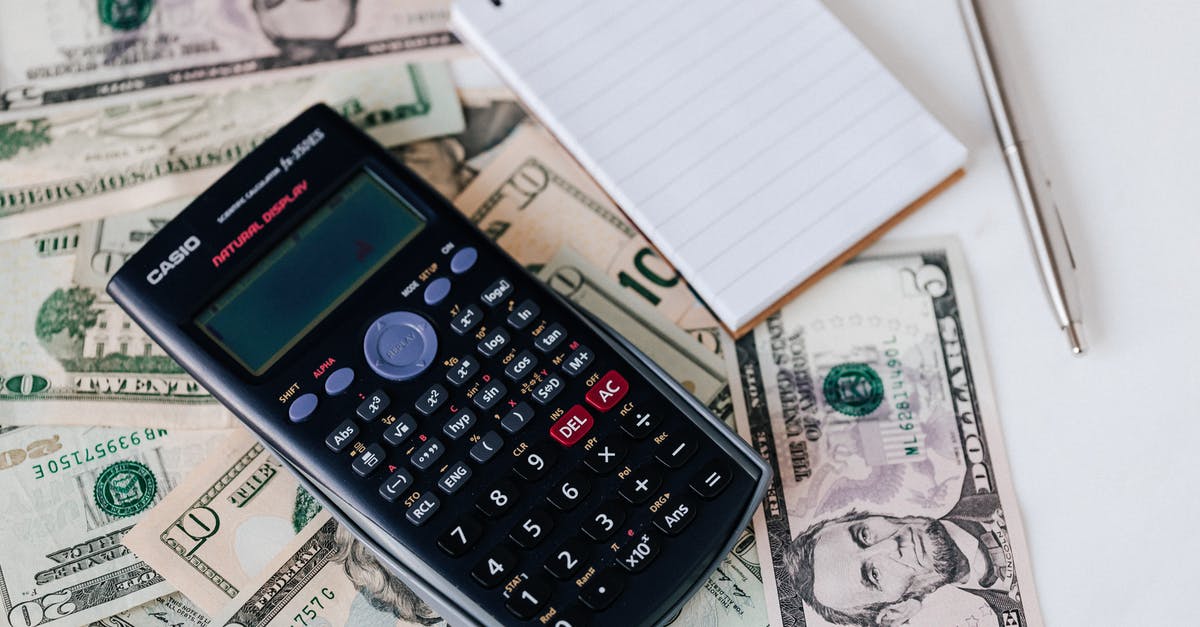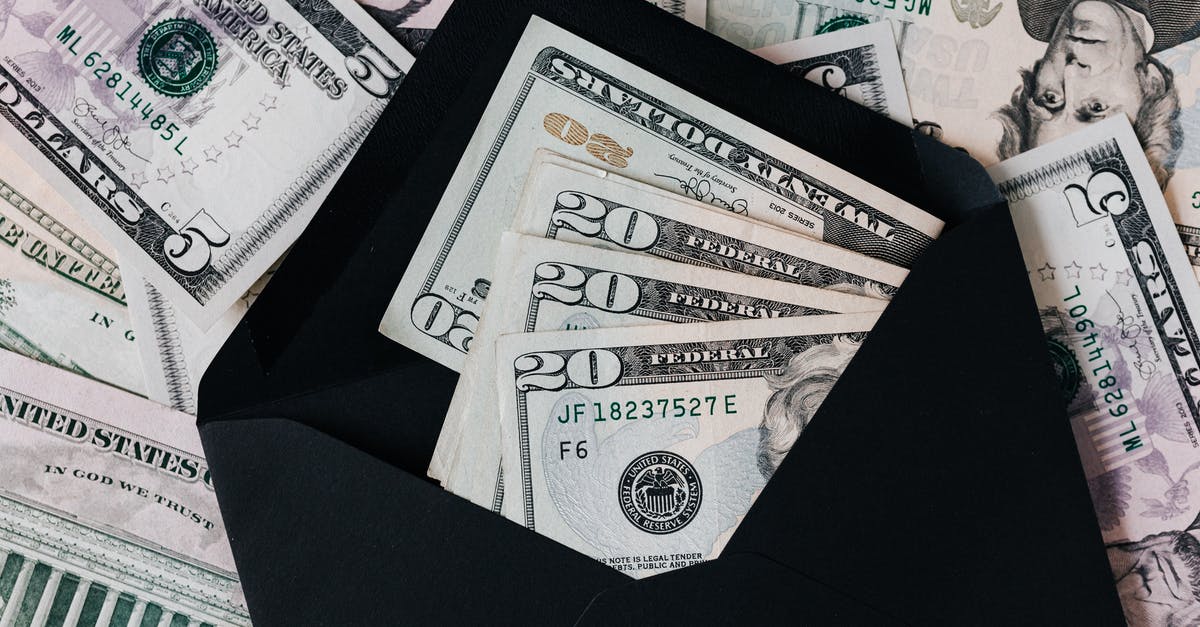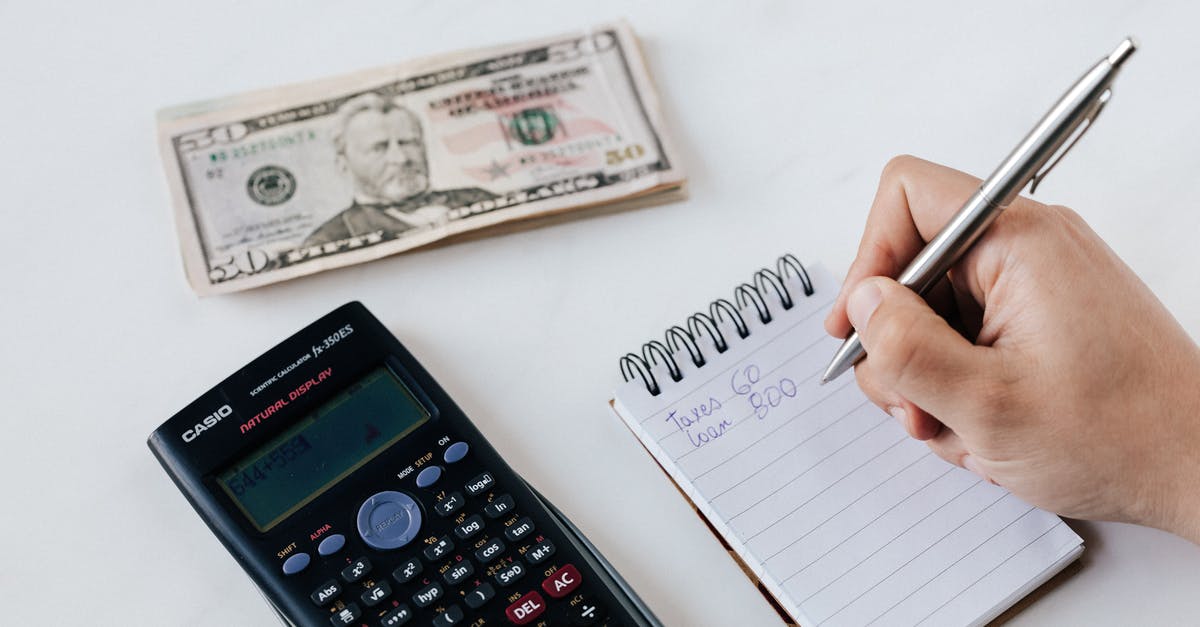Bill from German Railway

In early June my wife and I traveled to Europe on vacation. During our trip we traveled by German rail to Stuttgart from Paris. We spoke with a worker at the Paris station who assured us that we did not need to print our tickets, and that the voucher we printed from purchasing our tickets online was the same as having tickets.
On the train the conductor didn't seem happy about our voucher and took down our information, but did not tell us we needed to do anything else.
Fast forward to today and we received a bill in the mail from Deutsche Bahn for 4x what our tickets originally cost us. It also says to dispute you must apply in writing by yesterday, which is clearly not possible.
Is there anything we can do at this point to resolve this bill? We really don't want to pay an extra 500 USD for tickets we already puchased.
Extra info: We are US citizens living in the US and neither of us are fluent in German.
Best Answer
As a German who travels often with the Bahn: Forget the whole thing.
While it was in earlier times possible to buy tickets inside the train, the Deutsche Bahn has now a much more rigid approach: Not only are people prohibited from entering the train if they have no ticket (even if the only vending machine is out of order), the conductors have the order to always try to bill you for a missing ticket if they are not 100% sure you have a valid ticket.
While there are some conventions between countries to allow to exchange fines between countries for cars (e.g. speeding and other violations), there are none for train tickets. The Deutsche Bahn knows that and if their claim were valid they would have insisted that you pay on the spot, eventually calling the police. That they did not do that means that their claim is dubious.
Once you left Germany, you are completely safe.
What they try is effectively a begging letter: Please pay us if we look really important. Store the DB letter in the circular file and buy yourself something nice for the $500.
ADDITION:
Like most courts in the world, we have a criminal court and a civil court. If someone punches me on the nose, he will be charged with assault by the criminal court and at the same time I can sue him at the civil court.
The criminal court situation is explained here:
Wikipedia Germany
Fare dodging in Berlin
§ 265a StGB: Erschleichen von Leistungen (Surreptous hitching of a ride): Der Täter muss die Absicht haben, das Entgelt nicht zu entrichten. [...] Beim „Schwarzfahren“ liegt der Wille des Täters darin, sich kostenlos eine Fahrtleistung zu erschleichen, wodurch er das Vermögen des Transportunternehmens schädigt.
Punishment are fines or at maximum 1 year prison (Going through the database I actually never found anyone going to prison for doding the fare).
The offender must have the intention not to pay the fare. So people who have actually paid the fare (e.g. month fare) and are caught without ticket do not fall under the category (KG, 15.06.2012 – (4) 121 Ss 113/12 (149/12) The normal way for the DB is that the offender gets mail that he/she should demonstrate his ticket at a given station and give a small payment for administration). On the other hand inconspicous behavior is sufficient to fulfil the law, it is not necessary to circumvent barriers or conductors (BGH, 08.01.2009 - 4 StR 117/08). One thing about criminal charges: While possible, violations which are under 50€ will normally never be punished by a criminal court, the effort is much too high, so the criminal court points to the civil court.
Also a problem for the DB is if the vending machine is malfunctioning: if the customer is not able to get a valid ticket, and he/she does every reasonable measure (calling the hotline, document proof that the machine is working and immediately informing the conductor when entering the train), he may enter the train without dodging the fare
The other possibilities (forging of documents: forging the ticket or manipulating it to give it the impression it is valid / fraud) are not relevant in this case at all.
Now for the civil court. The DB bases normally its prices on the § 12 EVO, the problem is that in two cases those conditions are considered unconstituitional (AG Essen: 20.12.1979, Az. 12 C 535/79[22], AG Aachen: 2.7.1992, Az. 80 C 6/92[23]).
If I correctly understood the original question, the customer had already paid the price, so there is simply no legal foundation for the increased fare to begin with.
Even if they were, smaller law violations can only be prosecuted if both countries have treaties for administrative assistance. The EU has the Brussels regime which allows the exchange of fines EU-wide. But there is no such thing of stronger cooperation between the EU and the US, so one-sided foreign civil claims are not acknowledged in US courts.
Pictures about "Bill from German Railway"



Colter Wall | Railroad Bill | First Play Live
More answers regarding bill from German Railway
Answer 2
It is a little bit difficult to tell without knowing what you had and didn’t have. It sounds like you had a valid ticket for self-printing which you didn’t print out. If that is the case, then you had a valid ticket that was clearly your’s (name printed on it etc.). In that case, you only need to pay a processing fee (typically €15). You should reply accordingly.
Disclaimer: I am not a lawyer and cannot tell whether not reacting will have any impact at all.
Answer 3
Those $500 are due if you did not have a valid ticket.
DB has classic tickets, usually printed out at the station, and online tickets. If you print your online ticket yourself, it would be easy to print it several times, so the printout itself isn't enough. When you order an online ticket, you specify how you are planning to validate it.
- With the printout and the credit card, debit card, ID card that was specified.
- With a QR code on a mobile devide and the credit card or whatever.
Apprarently that last step failed. The conductor might not have communicated effectively with you. You can try to communicate with DB now, in the hope that you will get somebody who speaks fluent English.
Sources: Stack Exchange - This article follows the attribution requirements of Stack Exchange and is licensed under CC BY-SA 3.0.
Images: Karolina Grabowska, Karolina Grabowska, Andrea Piacquadio, Karolina Grabowska
